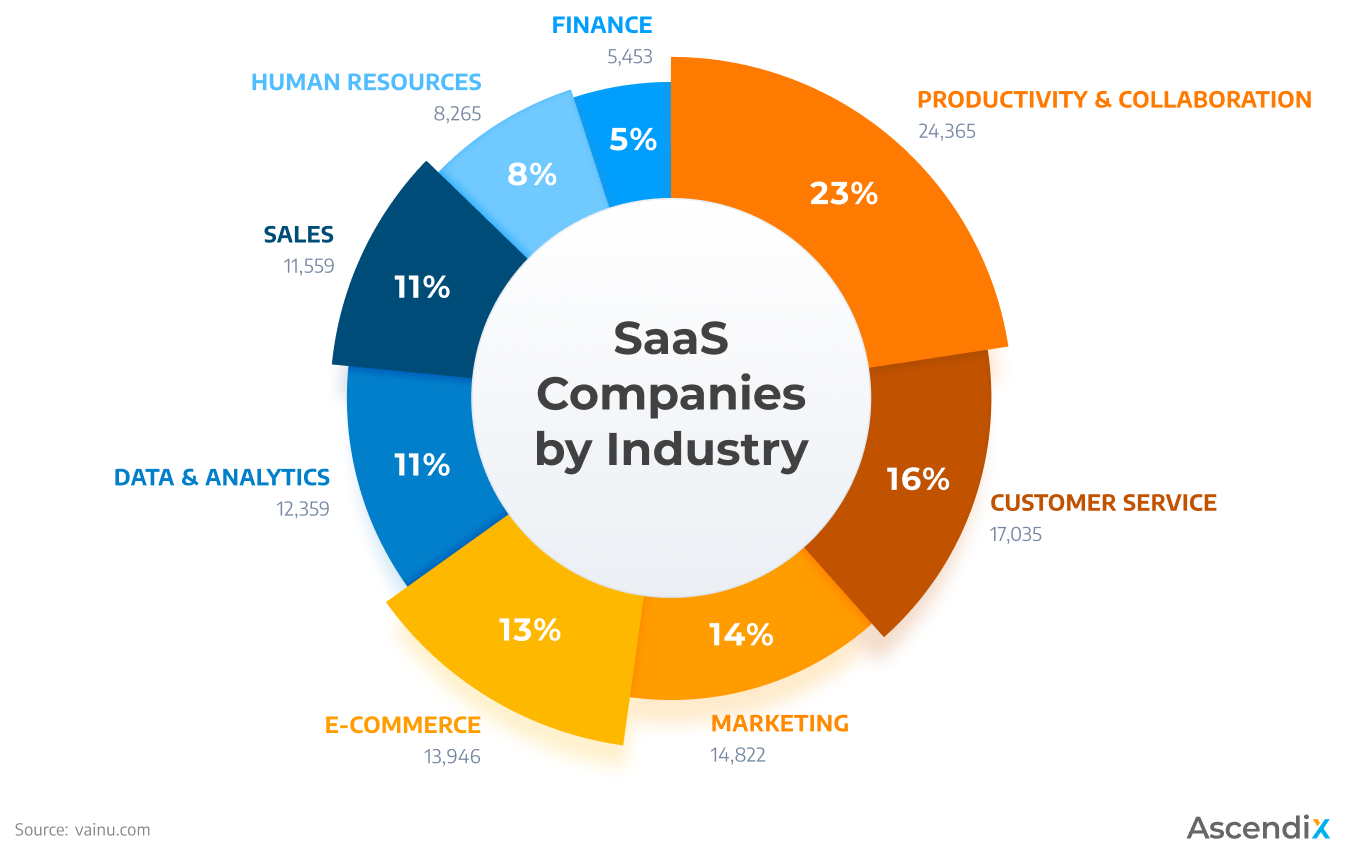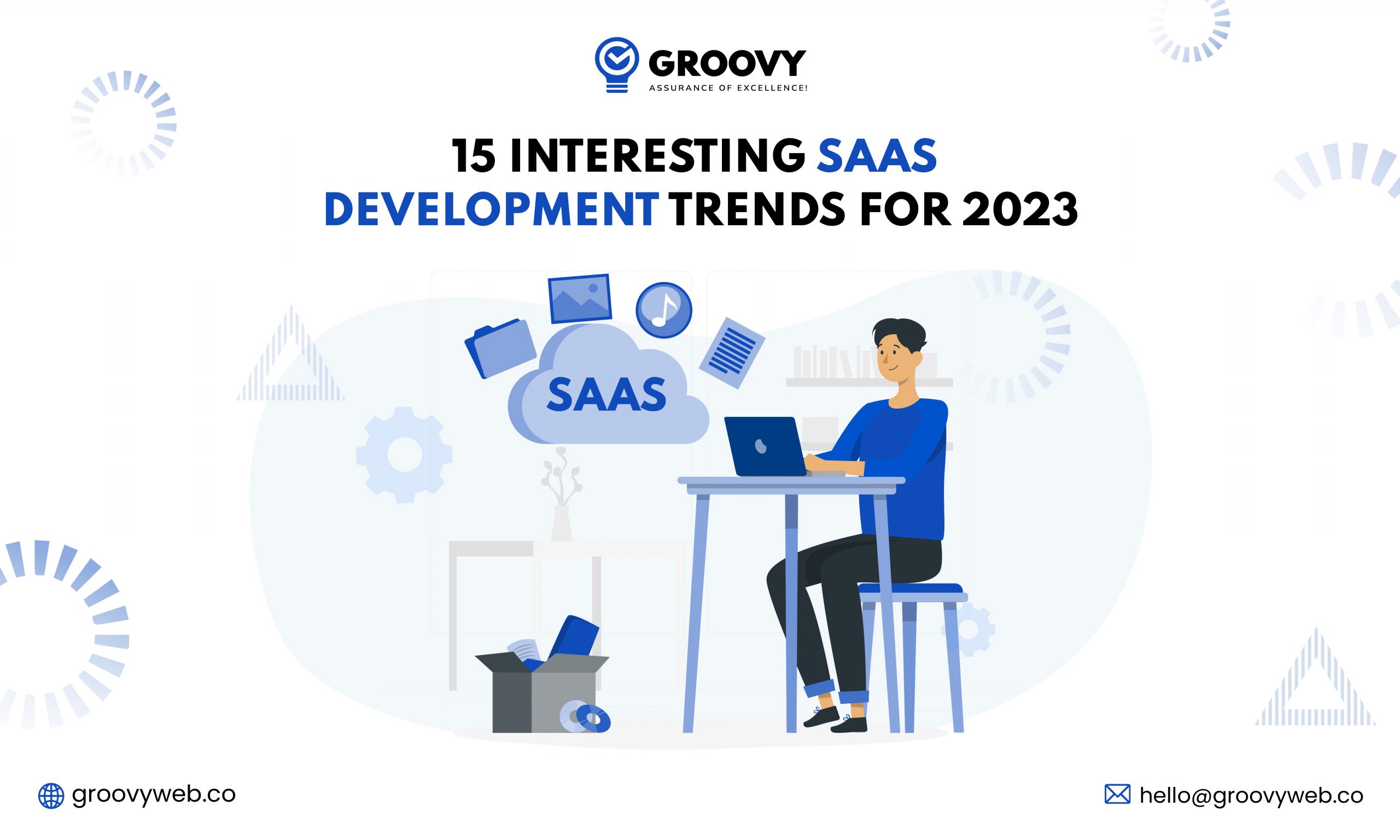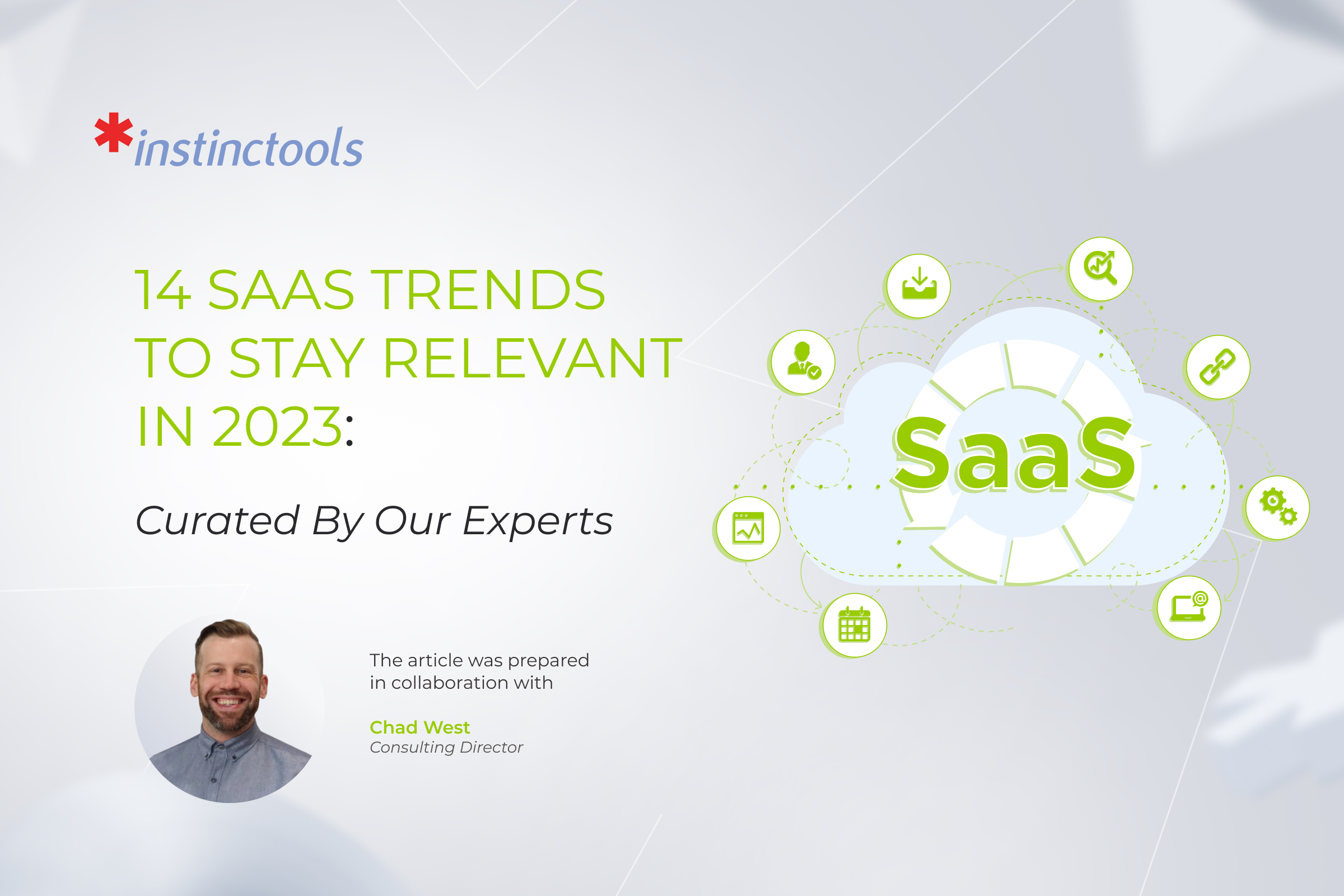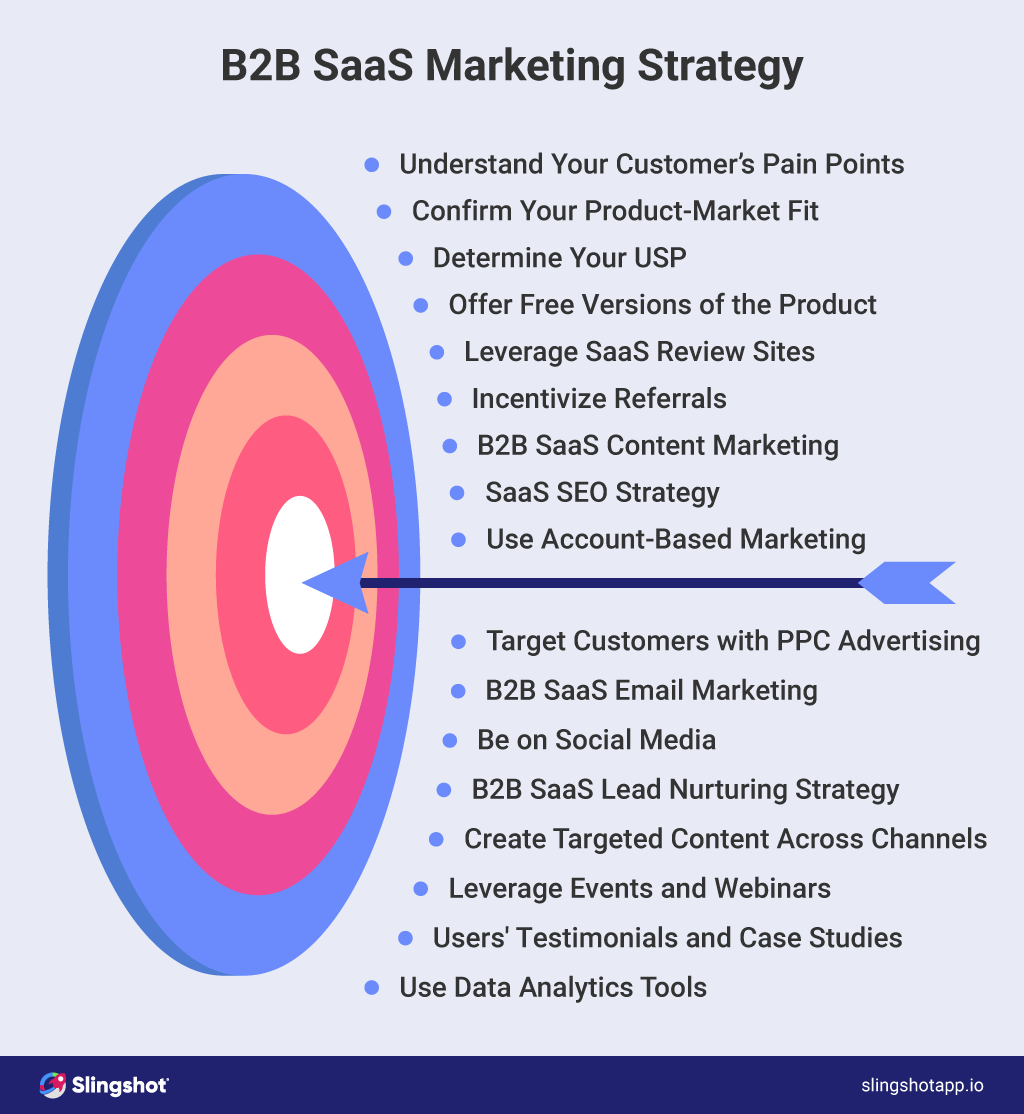Japan Cloud is a company that carefully selects
SaaS
companies with excellent technology and innovation from around the world and introduces them into the Japanese market. The 11 affiliated companies that we jointly manage are all
B2B
SaaS backed by advanced technology. This time, we spoke to Yasutaka Fukuda, President of Japan Cloud, about changes in the industry after the coronavirus pandemic, the latest trends in SaaS, as well as the challenges that Japanese companies are currently facing and the path to success.
Digital technologies that took hold during the coronavirus pandemic are driving the use of B2B SaaS
–Japan Cloud has a variety of SaaS companies under its umbrella. What has changed in SaaS for B2B after the coronavirus pandemic?
Fukuda:
The significant progress in the use of digital tools in digital transformation (
DX
) can be said to be a trend after the coronavirus pandemic. After the coronavirus pandemic, there has been less resistance to remote sales and digital marketing on the receiving end, and the level of use of sales tech (sales-related technology) through mobile and apps has greatly improved.
–How many companies use SalesTech? Also, what is the reason for the decrease in resistance on the part of the receiver?
FukudaMy
personal experience is that before the coronavirus pandemic, there was almost no use of sales tech, but now about 70% of companies have adopted some form of sales tech. In the past, when we tried to advance DX, we often heard comments such as “In-house IT literacy…” and it was difficult to ask customers to use IT.
However, as a result of the coronavirus pandemic, the experience of using mobile, apps, and other digital technologies in daily life has suddenly increased for everyone, both employees and customers. Mobile payments and electronic money have become rapidly popular, and an increasing number of restaurants are now using systems that allow customers to view menus on their smartphones instead of paper menus.
In technology, it’s not often that companies change and consumers change. As technology becomes more pervasive on the consumer side, companies will be forced to follow suit. This is what happened during the coronavirus pandemic. Looking at past examples, this pattern has been related to mobile and social.
–Did DX make rapid progress during the coronavirus pandemic?
FukudaIf
you were to ask me, “Has DX brought about real management reform?”, I would say that we have not yet reached that point. However, at least we have made great progress in terms of the use of tools, and it can be said that the fact that the use of digital technology has become established was a major step forward during the coronavirus pandemic.

B2B SaaS trends are API management and customer engagement

–What kind of companies are the 11 SaaS companies that are affiliated with Japan Cloud?
Fukuda:
There are solutions in various fields, but all of them are companies that are positioned as leaders in their respective categories. Many people think that overseas startup companies are targeted, but most of them are listed companies with global sales of over 10 billion yen. We place great importance on this point because unless we have a certain level of global scale, we will not be able to obtain sufficient support for the Japanese market. In the past, most of our products were business applications, but recently we have been increasing the number of solutions that support companies’ in-house production efforts, such as DevOps.
–Please tell us about the services and tools that represent the latest trends.
All 11
Fukuda
companies are cutting-edge technology companies, but we will introduce two of them here.
The first is Kong, an API management platform that just entered Japan in November 2023. API is an interface that controls communication between applications, and today it accounts for about 80% of Internet communication. There are also moves in the finance, manufacturing, and IT service industries to integrate generated AI functions into their own services using ChatGPT’s API, and to publish their own data and assets externally as APIs to improve customer convenience. It is increasing mainly in Furthermore, the trend is accelerating to convert in-house systems from traditional large-scale systems to microservices and communicate using APIs. We established the Japanese subsidiary of Kong, a global leader in this field, as a platform for managing the security and performance of API communications.
Fukuda
: Another one is Braze, a customer engagement tool for consumers.
There is a marketing theory that says, “Send the right message to the right person at the right time.” However, with conventional marketing tools, it has been difficult to deliver messages to customers at the right time, and they have only been able to send uniform mass emails and push notifications from mobile apps. However, now data can be processed at high speeds. As a result, it has become possible to perform “real-time marketing” in the true sense of the word, reflecting the customer’s information at this very moment and sending marketing messages in line with that information. Braze has already been installed by over 70 customers in Japan.
The emergence of these two companies can be said to be a symbol of the progress that digital use has made in the world.
–Are there any mutual relationships or synergies between the products and services of each company?
Fukuda
: Of course. As the number of applications used by customer companies increases, the performance, monitoring, and monitoring of each system becomes an important topic in order to maintain customer satisfaction. New Relic and PagerDuty are involved in this. Each of the 11 companies is an independent company, but as customers advance their digital use, various needs will emerge, so in order to respond to those needs, Japan Cloud is increasing the number of affiliated companies by several companies each year.
–Won’t the 11 companies compete with each other?
Fukuda:
Our policy is to select companies that complement each other rather than compete with each other. Some of our customers use tools from 8 of the 11 companies, and Japan Cloud affiliates sometimes refer customers to each other, and customers sometimes refer each other to services. We also want to build connections with our customers’ CIOs (chief information officers), so we plan to hold CIO roundtables in the future.

–What kind of evaluation have you received from client companies?
In the case of a client company that actively uses
Fukuda
Gaigai’s tools, it was previously difficult to spend time researching individual companies and making various adjustments such as billing and contract-related matters. However, we received comments such as, “Japan Cloud affiliate companies provide a sense of security because Japan Cloud does a certain level of discernment, and it is easier to hire companies because the contract-related matters are tailored to Japan’s needs.” Ta. I think it’s helpful to Japanese customers in that respect as well.

Marketers and sales take note! Xactly and Gainsight drive efficiency before and after sales
–Please tell us about the services and tools that are useful for marketing and sales expansion.
Fukuda:
From a B2B sales and marketing perspective, there are two companies that can be mentioned: Xactly and Gainsight.
Xactly is a forecasting management tool that allows you to visualize the success of deals and pipeline trends (predicting the likelihood of achieving goals such as sales), and is being introduced by many Japanese companies. In the sales field, even if deal information is entered into a
CRM
tool, it is often difficult to follow up on it, or managers do not know which deals to focus on. However, with Xactly, the progress of a business negotiation is shown as a score based on various factors, and the AI predicts, “If the situation is like this, this is how it will end up.”
Customer companies using Xactly have said, “The way sales and managers use their time has changed dramatically,” and “We used to spend a lot of time in sales meetings to share information about deals, but that’s no longer necessary. We have received comments such as “Managers and sales can pinpoint and consider highly accurate business negotiations.”
Additionally, with the spread of subscription services in recent years, the term ”
customer success
” has become more common. The company that advocated this customer success is Gainsight. Gainsight combines a variety of information, such as how long a customer who has signed up for a SaaS actually uses that SaaS and the history of interactions with representatives, to check the health of SaaS usage, and then We provide tools to automate actions.
Customer success is about helping customers succeed with your SaaS product. From the SaaS provider’s perspective, helping customers promote customer success by implementing Gainsight will lead to increased sales from existing customers. Nowadays, all companies are focusing on how to increase productivity with fewer people, rather than increasing the number of people to cover the work. Gainsight is a tool that can contribute to increasing sales by improving business efficiency.

Aim for global success with global standards and personnel reform

–Japan Cloud affiliates are companies that expand their products and services globally. When looking at Japan as a market, what position do you think Japan has in the world?
Fukuda:
One thing I often hear from overseas companies is that, with the exception of the United States, there is no other country with as many global companies as Japan. Although the number of companies in the Fortune 500 (a list of the top 500 companies in the United States published once a year by Fortune magazine) is fewer than before, Japan has by far the most companies. There are not many global companies in Oceania, including Australia, and although there are some large financial companies in Singapore, there are not many. In this respect, Japan has many global companies in the manufacturing and financial industries, and from an overseas perspective, the Japanese market is considered to be very large.
Therefore, introducing globally successful products and services to Japanese global companies has an impact and is of great significance.
–How is Japan different as a market from Europe, the United States, Asia, etc.?
FukudaEurope
is the second largest market after the United States, but the only English-speaking country is the United Kingdom, so in order to enter, we must also support languages such as French and German. In the case of APAC (Asia Pacific region), languages such as English, Chinese, and Korean are also available. Under such circumstances, Japan is the second largest market after the United States that only needs to be supported in a single language.
–Finally, Mr. Fukuda, please tell us your thoughts on the issues that major Japanese companies should address.

FukudaThere
are two possible challenges for Japanese companies.

One is “how to compete in a large market.” For example, Shohei Otani’s contract amount has been a hot topic recently, but no matter how great of a baseball player he is, he probably wouldn’t have been able to sign that much of a contract if he had stayed in Japan. This was possible because we competed in the large market of America.
Although Japan Cloud brings overseas vendors to Japan to serve our customers, our ultimate goal is to help Japanese companies succeed in the world. To achieve this, it is necessary to learn the methods and global standards of successful companies around the world. It is necessary to incorporate global best practices into Japan.

Another issue is recruiting and training human resources. There are still very few Japanese companies that are globally competitive and have well-developed personnel and salary systems. If we don’t take fundamental steps now, we will eventually be unable to recruit talented people both overseas and in Japan.
This is not the time to say things like “Japan is special.” If we can incorporate best practices from successful companies around the world and focus on human resource development, we should be able to make great progress.



